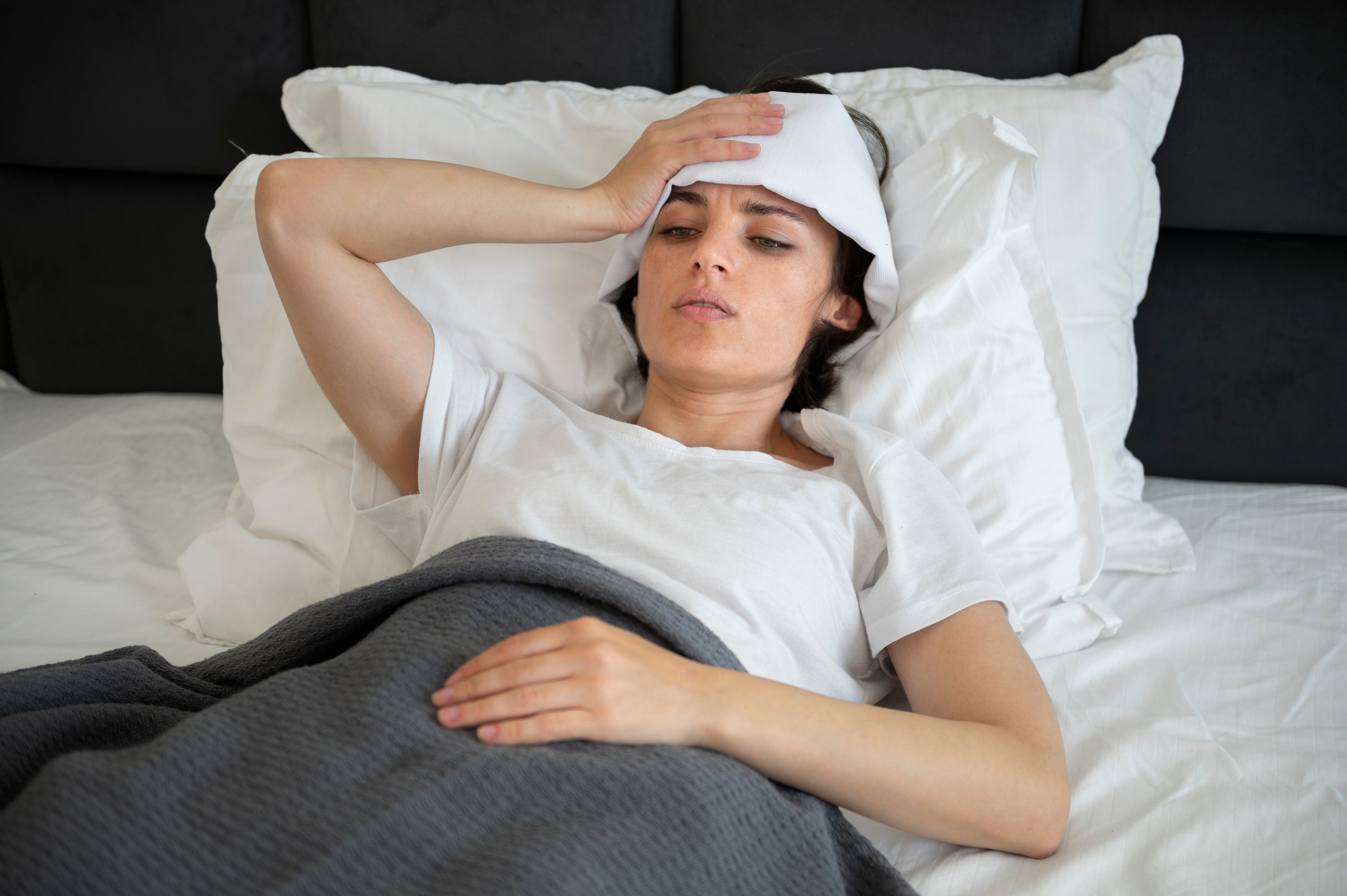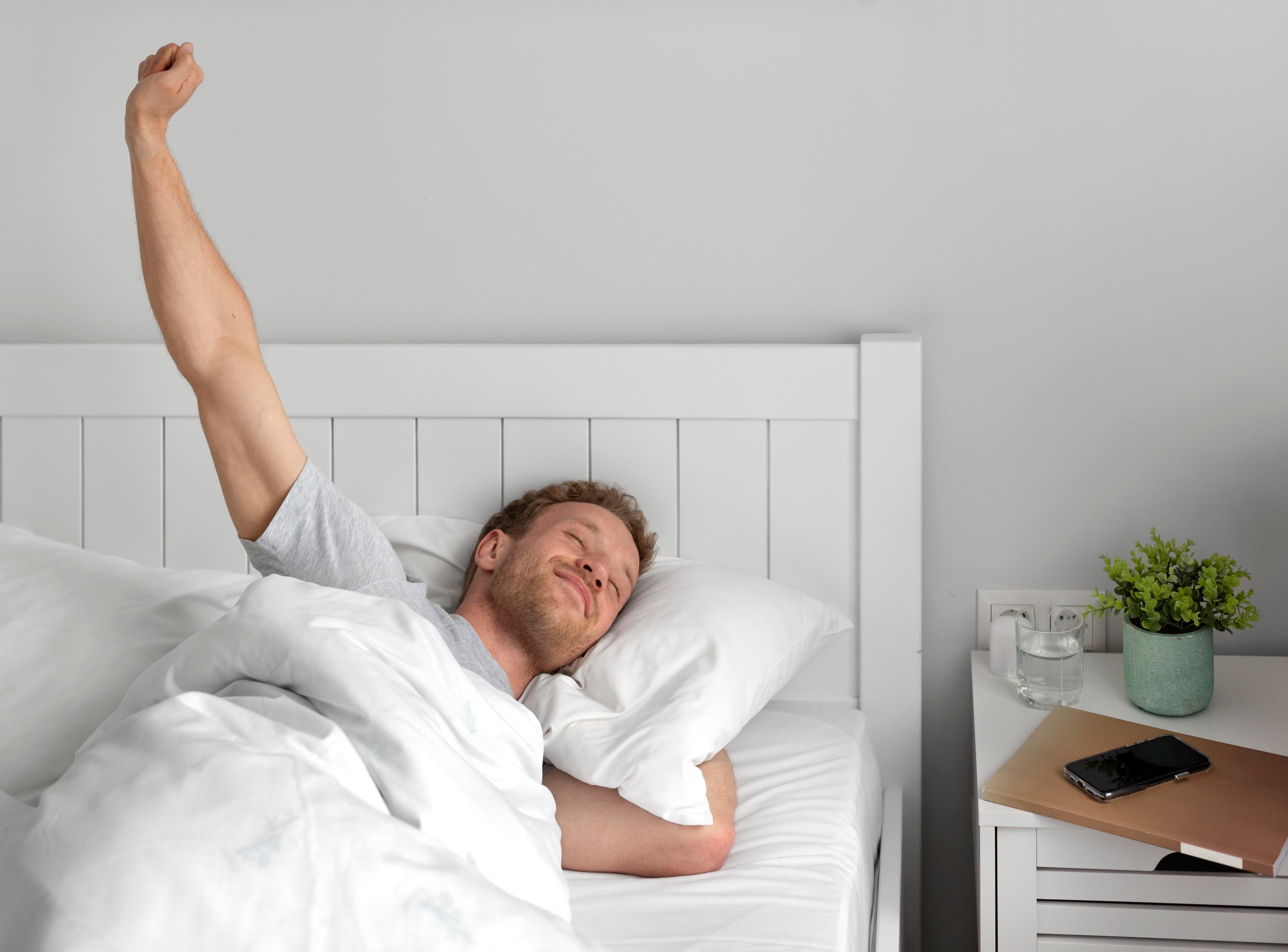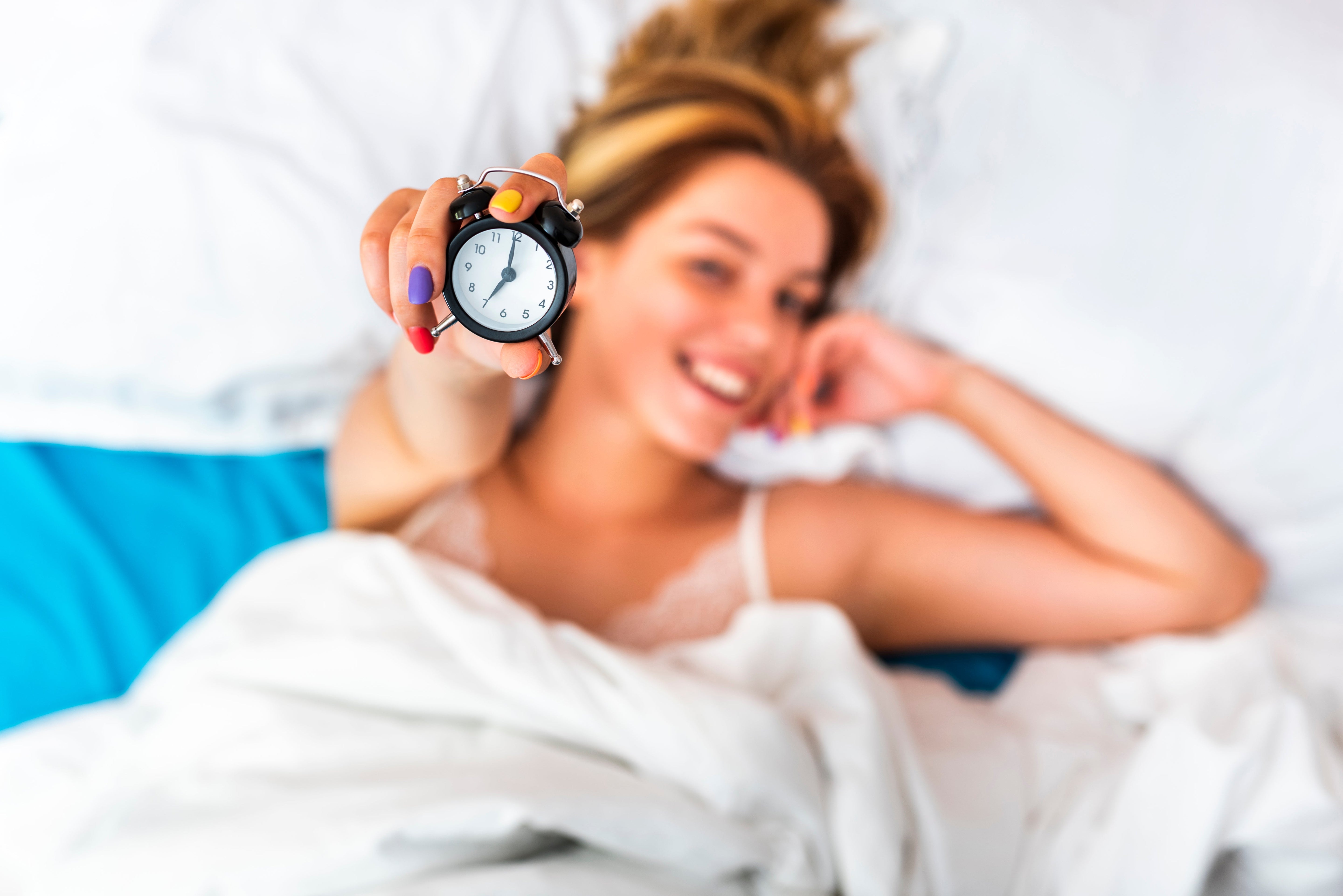
Night Sweats: Causes, Symptoms, and What to Do About Them
Night Sweats: Causes, Symptoms, and Effective Solutions
Do you regularly wake up sweating? Night sweats—also called nocturnal hyperhidrosis—can seriously disrupt your sleep. While it often starts innocently, excessive sweating at night can indicate an underlying problem such as stress, hormonal changes, infections, or medication side effects. In this comprehensive article, you'll discover the causes, symptoms, and effective treatments for night sweats. This way, you can regain control over your sleep and your health.
What exactly is night sweats?
Sweating is the body's natural way of releasing excess heat. It also happens at night, without you even noticing. But when you wake up in a soaked bed or pajamas, we call it night sweats. This can range from occasional sweating after a spicy dinner to prolonged, heavy night sweats with no apparent cause.
Medical definition: nocturnal hyperhidrosis
Doctors call night sweats or nocturnal hyperhidrosis when sweating occurs repeatedly, even though external factors such as room temperature or bedding are not the cause. People often have to change clothes or even shower during the night, and they feel tired or exhausted during the day.
Common causes of night sweats
Night sweats can have several causes. Here's a list of the most common ones:
1. Sleeping environment
-
Too high room temperature
-
Too warm duvet or mattress
-
High humidity
-
Tight or synthetic nightwear
2. Lifestyle and nutrition
-
Alcohol consumption
-
Caffeine or nicotine
-
Spicy or heavy dinner
-
Overweight
3. Medication
Some medicines stimulate sweating:
-
Antidepressants and antipsychotics
-
Antipyretics (paracetamol, aspirin)
-
Medication for diabetes, asthma or glaucoma
-
Hormonal therapies (for breast cancer, prostate cancer or endometriosis)
4. Hormonal changes
-
Menopause
-
Pregnancy
-
Thyroid problems (hyperthyroidism)
-
Diabetes
5. Infections
-
Flu or cold
-
Tuberculosis (TB)
-
Lyme disease
-
Pfeiffer
6. Psychological and neurological causes
-
Stress, anxiety or trauma
-
Burnout
-
Sleep disorders
-
Parkinson's disease or nerve damage
7. Autoimmune diseases
-
Rheumatism
-
Myalgia rheumatica
-
Arteritis
-
Wegener's disease
Night sweats caused by medication
Medications that affect the autonomic nervous system can trigger night sweats. Sweating often occurs when starting the medication or with prolonged use. Consulting a doctor can lead to an adjusted dosage or alternative medication.
Night sweats during menopause
For many women, night sweats are a common symptom during menopause. This is due to the decrease in estrogen and the increase in stress hormones like adrenaline. This disrupts body temperature regulation. For severe symptoms, hormone therapies or natural remedies can offer relief.
When to see a doctor?
If night sweats are frequent, severe, or accompanied by other symptoms (such as fever, weight loss, or fatigue), it's wise to consult a doctor. The doctor will investigate possible causes, such as infections, hormonal imbalances, or medication side effects.
What helps against night sweats?
You can also do a lot yourself to reduce night sweats:
✅ Choose breathable, airy cotton sleepwear
✅ Use a heat-regulating duvet
✅ Keep your bedroom at 16-18 degrees
✅ Avoid alcohol, caffeine, nicotine and spicy food in the evening
✅ Practice relaxation techniques such as meditation or breathing exercises
✅ Exercise regularly and reduce excess weight
✅ Drink sage tea in the evening, known for its antiperspirant properties
Frequently Asked Questions about Night Sweats
How long do night sweats last?
That depends on the cause. With infections, it disappears after recovery. With hormonal or drug-related causes, it can last longer.
What helps immediately against night sweats?
A cooler bedroom, airy clothing, a breathable duvet and less alcohol or spicy food often make a difference.
Why do I sweat at night from stress?
Stress activates the sympathetic nervous system. This leads to increased sweat production, even during sleep.
Can the flu cause night sweats?
Yes, with a fever, sweating helps to dissipate excess heat. This often indicates the end of the infection.
Conclusion
Night sweats can be harmless, but sometimes they indicate an underlying condition. Pay close attention to your lifestyle, adjust your sleep environment, and consult a doctor promptly if symptoms persist. A breathable duvet, such as the heat-regulating duvets from Valking Beddengoed, can help you wake up feeling dry and refreshed.


